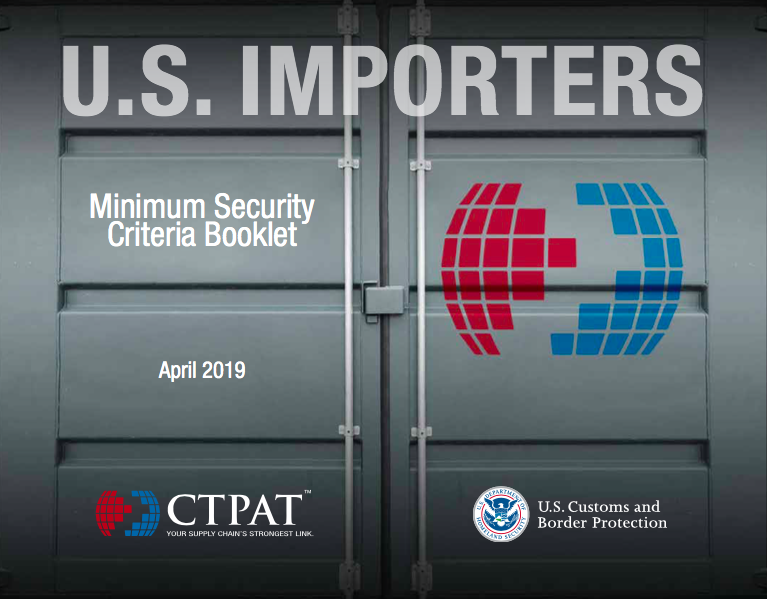The Customs and Border Protection’s Customs Trade Partnership Against Terrorism (CTPAT) program has finalized its review and update of its Minimum-Security Criteria (MSC), after working with the trade community for over two and a half years, with the assistance of such leading trade associations and organizations such as the Business Alliance for Secure Commerce (BASC), the U.S. Chamber of Commerce, the International Air Transportation Association (IATA), the British Standards Institute (BSI), and Sandler, Travis & Rosenberg.
CTPAT members are expected to implement the new criteria throughout the remainder of calendar year 2019, and validations on the new MSC will begin in early 2020.
In 2016, CBP created a working group of 50 individuals from both the private and public sector to recommend updates to the CTPAT criteria. Mr. Fermin Cuza, International President of BASC, was invited to lead the Working Group on “Agricultural Security”.
BASC fully supports the new CTPAT requirements and recommendations as we believe they are critical to fighting today’s evolving and expanding threats to the international supply chain. To that end, BASC has already incorporated the major elements of the new MSC criteria covering cybersecurity, the protection of the supply chain from agricultural contaminants and pests, the prevention of money laundering and terrorism financing, and the proper use and management of security technology, such as intrusion alarms and security camera systems, into its own BASC Norm and Standards, which apply to over 3,500 BASC certified companies and 15,000 business partners in 15 countries in the Americas. As such, the BASC Norm and Standards are compatible and continue to complement CTPAT MSC requirements.
BASC will be offering a series of workshops for its CTPAT members and their business partners over the next few months to help them familiarize themselves with the new MSC criteria.
_________________________________________________________________________________
The Business Alliance for Secure Commerce is a U.S. based non-profit association founded to strengthen and protect the international supply chain in cooperation with customs, other law enforcement organization as well as leading private sector organizations. BASC has Chapters (offices) in 11 countries, supporting 3,500 certified companies and their 15,000 business partners. In 2018, BASC trained over 39,000 persons in various supply chain security courses throughout the Americas. BASC has cooperation agreements with the World Customs Organization (WCO), U.S. Customs and Border Protection (CBP), United Nations Ofice of Drugs and Containers (UNODC) and the International Chamber of Commerce (ICC).

